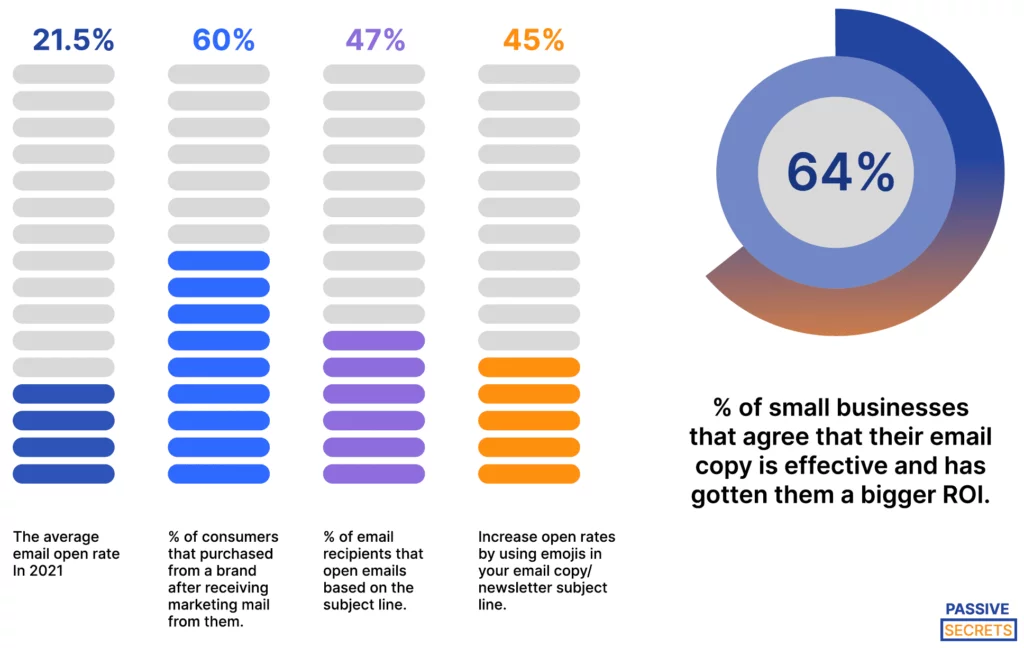Unleash the power of words and learn the secrets to mastering persuasion in copywriting – your key to success awaits!

Image courtesy of via DALL-E 3
Table of Contents
Introduction: The Magic of Persuasion
In this beginning part, we’ll talk about how words can be like magic! They can convince people to think, feel, or do something. Just like a magician has tools, a writer uses special words to persuade or influence others.
Have you ever read something that made you feel excited, curious, or eager to learn more? That’s the power of persuasive writing! It’s like a superpower that writers have to make people see things their way or feel a certain emotion.
Imagine being able to make someone understand your point of view or get them excited about an idea, just by using the right words. That’s the magic of persuasion, and we’re going to explore how it works in this blog post.
The Power of Words
In this section, we will explore how words can change what people think or do, and why they are so powerful.
Words are Like Seeds
We’ll talk about how words can plant ideas in someone’s mind, just like planting a seed in the ground. When we use the right words, we can make those ideas grow and influence how people see the world around them.
Words Can Paint Pictures
Here, we’ll discuss how the right words can create strong images in our heads that make us feel certain ways. For example, if we use words like “bright,” “cheerful,” and “vibrant,” we can paint a picture of a happy scene in someone’s mind. This is why choosing the right words is so important when trying to persuade or influence others.
Building Blocks of Persuasive Writing
In this part, we’ll look at the most important pieces that make writing really convincing and can even make you want to buy things!

Image courtesy of nestify.io via Google Images
The Right Words
This will explain how choosing certain words can make writing stronger and more convincing.
Making a Promise
We’ll see how writers make promises in their words to make us interested in what they’re saying.
Stories That Stick
Here, we’ll find out why telling a story can make the message stick in our minds for a long time.
The Recipe for Convincing Copy
In this section, we’ll explore the art of crafting convincing copy that can make people agree with us or want something. Just like following a recipe to bake a delicious cake, there are specific ingredients and steps to creating persuasive writing that leaves a lasting impact.
Start with a Hook
Imagine you’re fishing, and the hook is the first thing that catches the fish’s attention. In writing, the hook is the attention-grabbing opening that makes the reader want to keep reading. It could be a surprising fact, a thought-provoking question, or a captivating story. The hook sets the tone for the rest of the piece and draws the reader in.
Add Facts and Reasons
Just like adding the main ingredients to a recipe, facts and reasons are the core components of convincing copy. These provide evidence and logic to support the writer’s argument or message. When readers see solid facts and clear reasons, they are more likely to believe what they are reading and be swayed by the writer’s perspective.
Stir in Some Emotions
Emotions are like the secret seasoning that adds flavor to a dish. In writing, emotions help connect with the reader on a deeper level. By evoking feelings like joy, sadness, fear, or excitement, writers can make their message more relatable and memorable. When readers feel emotionally connected to the writing, they are more likely to be persuaded by it.
Creating a Lasting Impact
Now, let’s delve into how writers ensure that their words leave a lasting impression on us, even after we put down the paper or close the screen. It’s like when you hear a catchy tune that stays in your head all day—except with words!

Image courtesy of copyhackers.com via Google Images
Repeat the Important Stuff
Have you ever noticed how sometimes a writer will say the same thing in different ways? That’s because repeating the big ideas helps us remember them better. Just like how you might practice a new dance move over and over until you’ve got it down perfectly, writers repeat important points so they stick in our minds.
End with a Bang
Imagine reading a book and getting to the last page. The ending is like the grand finale of a fireworks show—it should leave you feeling amazed! Writers often end with something super strong, whether it’s a surprising fact, a powerful quote, or a thought-provoking question. This way, the whole piece of writing feels complete and impactful, making you remember it long after you’ve finished reading.
Conclusion: Becoming a Word Wizard
To wrap it up, let’s talk about how by using these techniques, anyone can become a wizard with words, able to persuade and influence others with their writing. Just like a wizard casts spells with a magic wand, you can use words to create a spellbinding effect on your readers!
FAQs – Questions You Might Have
What is the most important thing in persuasive writing?
In persuasive writing, the most important thing is to choose your words carefully. Words have the power to influence others, so using the right ones can make your writing more convincing. Think about what you want to achieve with your writing and pick words that will help you reach that goal.
Can words really change someone’s mind?
Yes, words can absolutely change someone’s mind! When you write persuasively, you are trying to convince others to see things from your perspective or take a certain action. By using strong arguments, compelling stories, and emotional appeals, you can sway someone’s opinion and make them think differently.
How do I become better at convincing people with my writing?
To become better at convincing people with your writing, practice is key. Try experimenting with different persuasive techniques, such as using facts and statistics, telling engaging stories, and appealing to your reader’s emotions. Pay attention to how others respond to your writing and be open to feedback. The more you practice, the more persuasive you will become!
